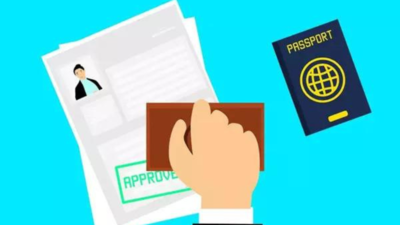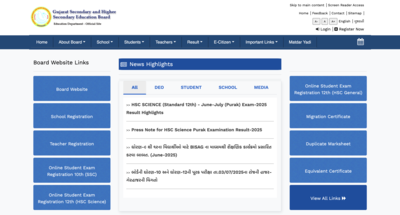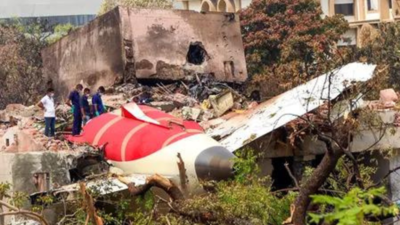‘Integrity fee’ more than doubles US visa cost from 16k to over 37k

HYDERABAD: To the painfully long wait for a US visa, now add punishing costs as the Donald Trump administration slaps a $250 (around Rs 21,450) “visa integrity fee” that will more than double the cost of student, tourist and work visas, beginning January 2026, reports . The fee is refundable under strict conditions.Indians applying for B1/B2 visas (business or tourist), which cost under Rs 16,000 ($185), would need to pay around Rs 37,500 with the new fee. Almost all non-immigrant categories, including students, will bear the brunt. The fee was part of a sweeping immigration process overhaul cleared earlier in July.Cost isn’t the only concern,” said Sanjeev Rai of Hyderabad Overseas Consultant, a US immigration consultancy. “The visa integrity fee is refundable only under certain conditions, including full compliance with visa terms and departure within five days of expiry. Any overstay, unauthorised employment or violation of status would mean forfeiting the entire amount. This is like asking every applicant to put down a security deposit for good behaviour.”

Consultants say that Indian students, already burdened by an increase in tuition and living expenses in the US, have been hit the hardest. Many are now reconsidering studying in the US or speeding up their applications to get interview slots before the fee kicks in. “We have seen at least a 20% spike in inquiries from people who want to finish the process before the new fee kicks in,” said Arvind Manduva from I20 Fever, an immigration consultancy.According to the US National Travel and Tourism Office, nearly 1.9 million Indian visitors entered the US between Jan and Oct 2024. With the introduction of the new fee, consultants predict a surge in applications over the next five months, followed by a potential dip post-Jan. The policy, many worry, can also complicate matters for US universities and tech firms. While the US department of homeland security has described the fee as a “compliance tool” and not a punitive measure, ambiguity surrounds the refund process.“H-1B employees and students often face minor documentation lapses or delays in status updates. Linking visa compliance to a monetary penalty like this adds another layer of anxiety,” said Arunteja Bukkaparupa, an immigration consultant who handles H-1B and B1/B2 visa applications. “Worse, it’s unclear if the refund process will be straightforward.”Academics in the US have flagged the possibility of these factors leading to reduced demand for undergraduate and graduate admissions to universities. “The irony is that those most likely to overstay won’t care about the refund. It’s the genuine applicants who will feel the pinch. The demand for US jobs among Indian nationals will fall,” said Orn Bodvarsson, an economist and retired dean of an American university.




